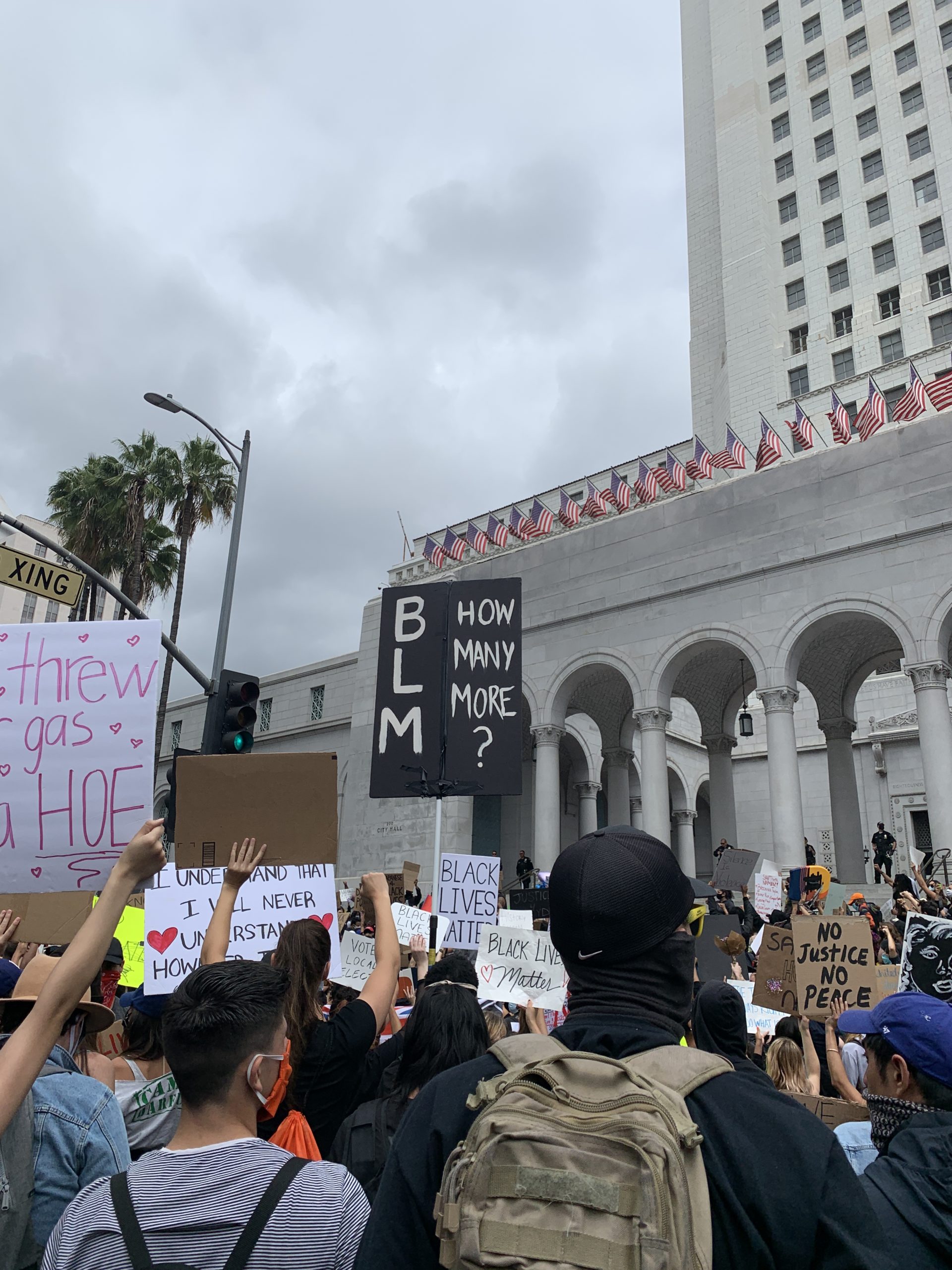Three City Planning Norms to Ditch
John Yi is the Executive Director of Los Angeles Walks
The Los Angeles civil unrest in 1992 upended so many of the norms for the Korean American community. Having immigrated here to build a life, my parents and their generations found years of labor gone overnight as Koreatown, abandoned by law enforcement, burned. And while we can rebuild homes, set up new businesses, there is one reconstruction that is still under works: the reckoning of our own community’s anti-Blackness. We were both the victims of white oppression but also, at times, a willing instrument in its agenda. It’s uncomfortable to say but it is in that very discomfort where we must lead, take responsibility, and reconcile. I know many Korean Americans who’ve been having tough conversations with their parents. Many of these conversations are about privilege, race, immigration, and the rehashing often suppressed memories of the civil unrest and its aftermath.
And just like how there is still work to be done in my own community, this moment is showing the country how invasiveness anti-Blackness is in so many of our other seemingly mundane institutions, traditions, and laws. City planning and transportation are no exception to this. Within this world are many well-meaning people — including myself — working with a real desire to effectuate social justice and racial equity into our cities. However, in Los Angeles if we’re failing to house our most vulnerable, prevent historic communities from being erased, and if public spaces are still deadly places for our Black neighbors to exist, are we truly building the City we want?
And while planning doesn’t solve everything, here are three — by no means exclusive — norms in city planning that have segregated and systematically oppressed Black, Brown, and — yes, contrary to the model myth minority — many Asian American communities. The system has created the illusion of development and growth but at the cost of displacing and killing so many of our neighbors and perpetuates a white supremacist system:
- Norm 1: Restorative justice talk is for advocates, not engineers. For resolution, we need reckoning and atonement of past racist housing and development policies that have oppressed, displaced, and killed communities. Examples include redlining, forcible remove of communities, and their contemporary manifestation: gentrification. This goes beyond a mere public acknowledgement of past ills but building directly into City planning recognition, investment, and financial solutions for past transgressions. Just like how we consider the needs of housing and employment, we must engineer in solutions that provide restorative justice and restorative investments.
- Norm 2. City resources are a first come first serve basis. City planning is a participatory process where the burden of engagement rests on residents and stakeholders. Those with social and political capital, usually white Angelenos, receive the bulk of City attention and resources by leveraging their City Council Members. While many of our Black and Latino neighborhoods are left to address grievances through grossly understaffed and underfunded City programs. And when participatory, community-driven plans from Black and Latino neighborhoods are drafted, they must work twice as hard for half the recognition from the City. By creating a system where the burden of participation is placed on residents, we’ve racially segregated how we build and manage our City.
- Norm 3. We’re a City of 15 Cities. Power in the City of Los Angeles is incredibly balkanized, as each of the 15 City Council members has vast influence over their district’s planning and built environment and how City-wide policies are enforced (or left unenforced). The crisis of housing our homeless neighbors is a great example of a City-wide crisis with 15 different solutions (or lack thereof). The result is we approach city planning on a corridor-by-corridor basis, allowing power to unilaterally pinpoint where investment goes, so as to meet their political goals for usually wealthier more privileged white constituents.
You may notice that undergirding these three norms is power’s inability to listen. Whether it’s the refusal to learn from history or building a bureaucratic maze where resident concerns barely bubble to the top. And so, we have some choices in the coming months: whether it’s through the ballot box and/or directly petitioning power to reform itself. Breaking these norms is not easy work but that’s why we must.
I’m on this journey as well. I continue to decode years of second guesses, knee-jerk reactions, and my own compliance to anti-Blackness. I continue to learn, be corrected, and repeat. Let’s start to build a similar norm in how we build the City of Los Angeles.






